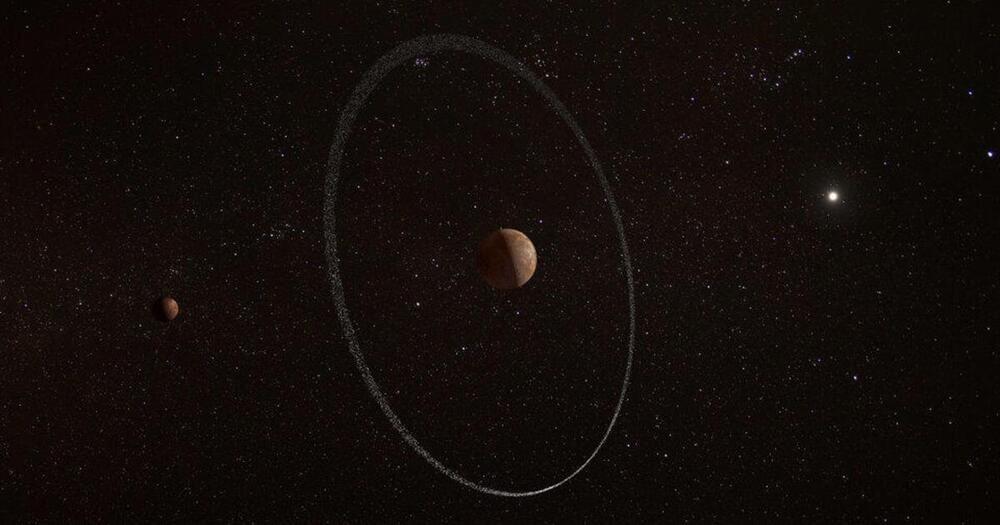“When we put everything together, we saw drops in brightness that were not caused by Quaoar, but that pointed to the presence of material in a circular orbit around it,” said Bruno Morgado of the Universidade Federal do Rio de Janeiro in a statement. “The moment we saw that we said, ‘Okay, we are seeing a ring around Quaoar.’”
Quaoar is part of a collection of about 3,000 dwarf planets known as trans-Neptunian objects, which are beyond the orbit of the planet Neptune.
Scientists are now wondering why the dense material in Quaoar’s ring has not come together to form a small moon, because the ring itself is “at a distance of almost seven and a half times the radius of Quaoar,” the ESA said.
